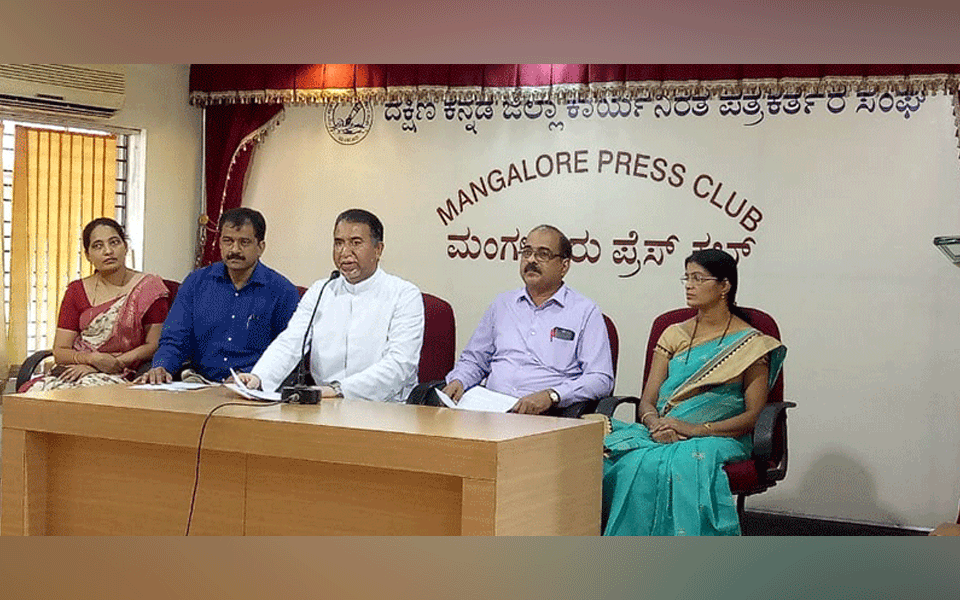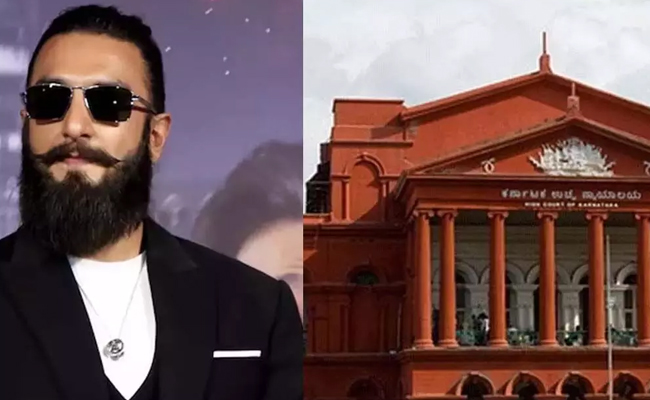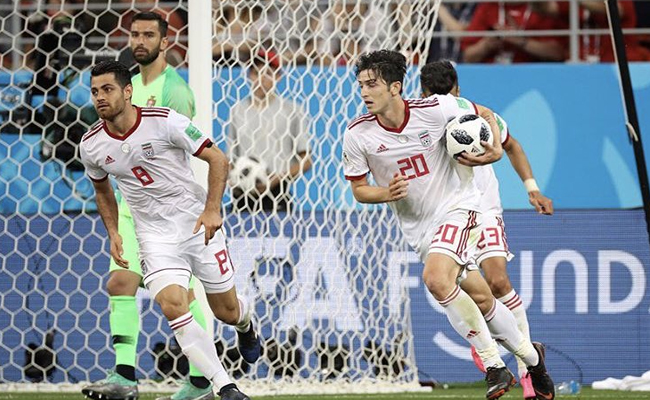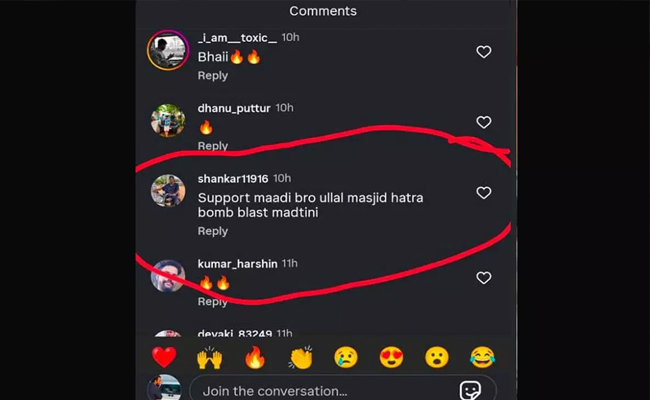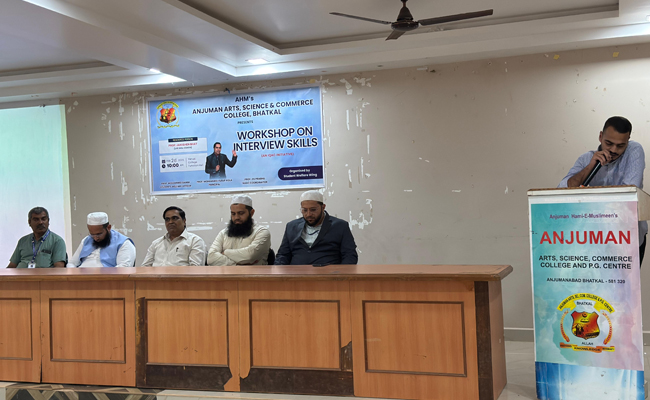Mangaluru, Sept 07: A two-day national level seminar on the topic 'Radioactive Materials and Uses of Radiation' has been organized on September 10th and 11th at the St. Aloysius College in the City.
Informing this to media persons here, College Principal Prof. Praveen Martis said “the seminar will be held in association with the National Association for Application of Radioisotope and Radiation at the LF Raskeena Hall in the College.
“District in-charge Minister UT Khader will inaugurate the program at 9 o’clock on September 10. Dr.Bharadwaj, Chairman of the Central Government's Atomic Energy Regulatory Board, and Principal of Miranda Women's College of Delhi University and member of the Union Cabinet Advisory Council Dr. Pratibha Jolly will be the guests. St. Aloysius Group Institutions head. Dr. Dionysius Vas will preside over the function,” he informed.
“As a part of the programme, a public lecture on the topic ‘Public Perceptions- Myth and reality about Nuclear Power will be organized at 5 pm on September 11. SK Malhotra, the former head of the Government of India's Public Awareness Department, will be delivering the lecture and the public will have the open entry for this,” Praveen Martis said.
Prof. Prakash Kamath, Rita Krista, Program Organizer Dr. Chandrashekhar Shetty were present.
Let the Truth be known. If you read VB and like VB, please be a VB Supporter and Help us deliver the Truth to one and all.
Bengaluru (PTI): The Karnataka High Court on Monday extended the interim relief given to Bollywood actor Ranveer Singh till March 9, in a case related to mimicking a character from the movie, 'Kantara Chapter-1', and allegedly mocking a deity.
The actor had approached the High Court seeking the quashing of the FIR against him for mimicking Rishab Shetty's role as 'Chavunda' deity in the movie.
While mimicking, Singh had called the deity a "ghost". The actor was asked to appear before the court in person on Monday.
Appearing on behalf of the actor, his counsel Sajjan Poovayya said Singh was stuck in London and was unable to reach Bengaluru due to the conflict in West Asia.
The complainant, who is a lawyer, alleged that his religious sentiments were hurt by calling the deity a ghost. On the directions of a local Court, the police registered a case against the actor.
The High Court on February 24 granted interim relief to the actor with directions to the police not to take any coercive steps against him.

